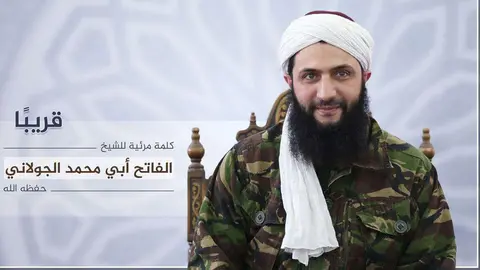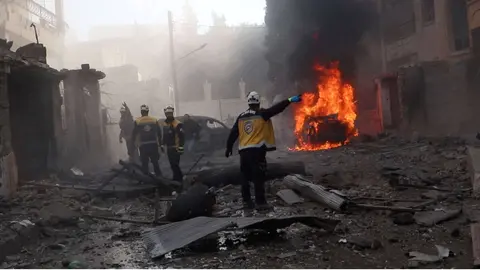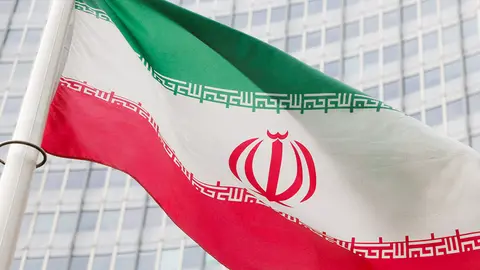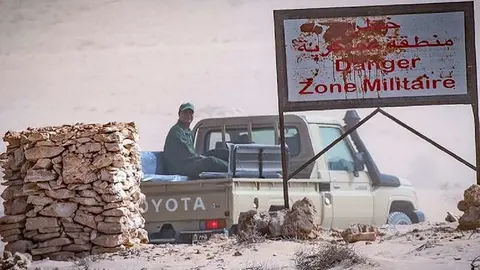The fall of al-Assad once again reveals Polisario-Iran ties
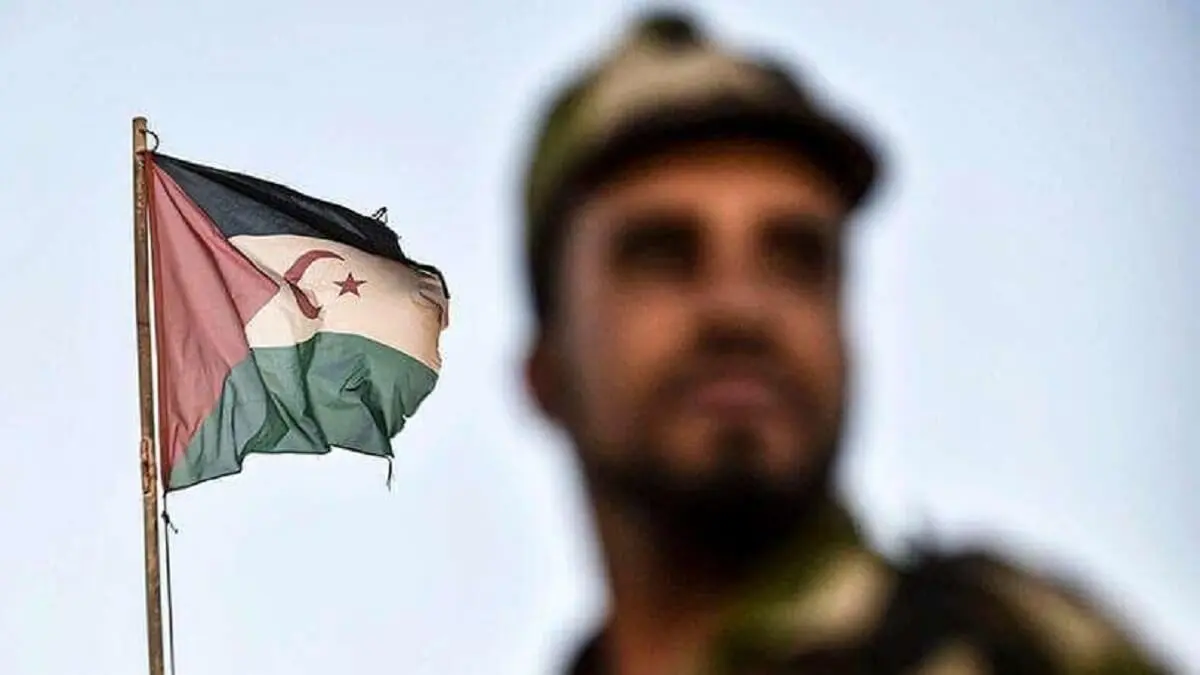
With the fall of Bashar Al-Assad in Syria, the Polisario Front has lost an important ally in the Middle East. The Arab country was one of the few nations in the region - along with Yemen and Iran - to recognise the Sahrawi Arab Democratic Republic (SADR).
Ties between the Syrian regime and the Polisario date back to 1978, when Hafez al-Assad joined an Arab front called ‘Steadfastness’, launched in Tripoli at the initiative of Muammar Gaddafi. Since then, Damascus has provided diplomatic and logistical support to the Sahrawi militia, also backed by Algeria.
The last official contact between the Polisario and the Syrian regime took place in October 2023 in Geneva, when the Syrian ambassador to Switzerland received a Polisario member. Damascus also facilitated Polisario, through a Lebanese formation, to organise a conference on Palestine.
In return for this support, Polisario sent its fighters to fight alongside regime forces, around 30 of whom were arrested in Aleppo by opposition forces in recent days. A document found at the headquarters of the Syrian intelligence services confirms the presence of 150 Polisario soldiers in the country.
In addition to supporting Al-Assad's forces, these militiamen were also on Syrian territory to receive military training from Iranian armed groups, as reported by Yabiladi.
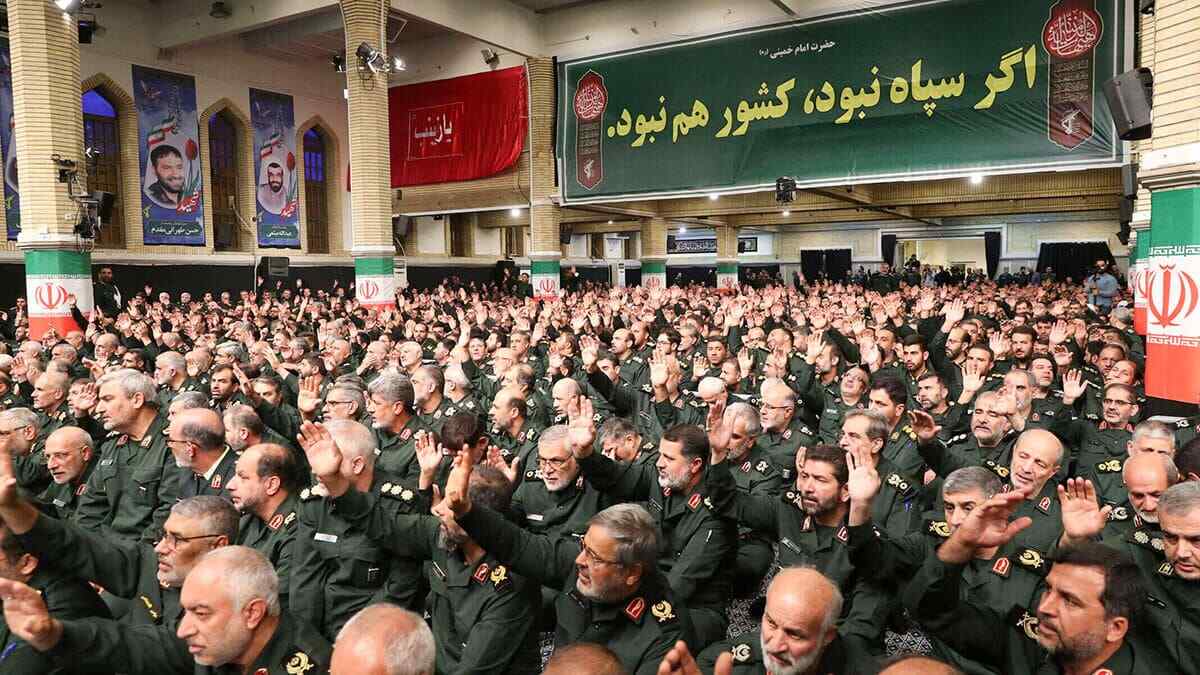
‘They were under the supervision of the Iranian military adviser Borhashmi, who was killed, and were receiving military training before their planned return to Tindouf to use these experiences in operations against Moroccan territories,’ said former Iraqi MP Omar Abdul Sattar, who notes that after completing special training with Iranian military advisers in the Tindouf camps, “they entered Syria several months ago using Algerian passports”.
Algeria's ambassador to Syria, Kamel Bouchama, has not admitted the presence of Polisario members with Algerian passports, although he is trying to free them through Turkish mediation given Ankara's influence over certain Syrian opposition groups.
Meanwhile, Fahad Almasri, head of the Syrian National Salvation Front, revealed in an article on Ynet in late November that the Iranian Revolutionary Guard had sent some 200 militants from the Algerian- and Iranian-backed Polisario Front to southern Syria.
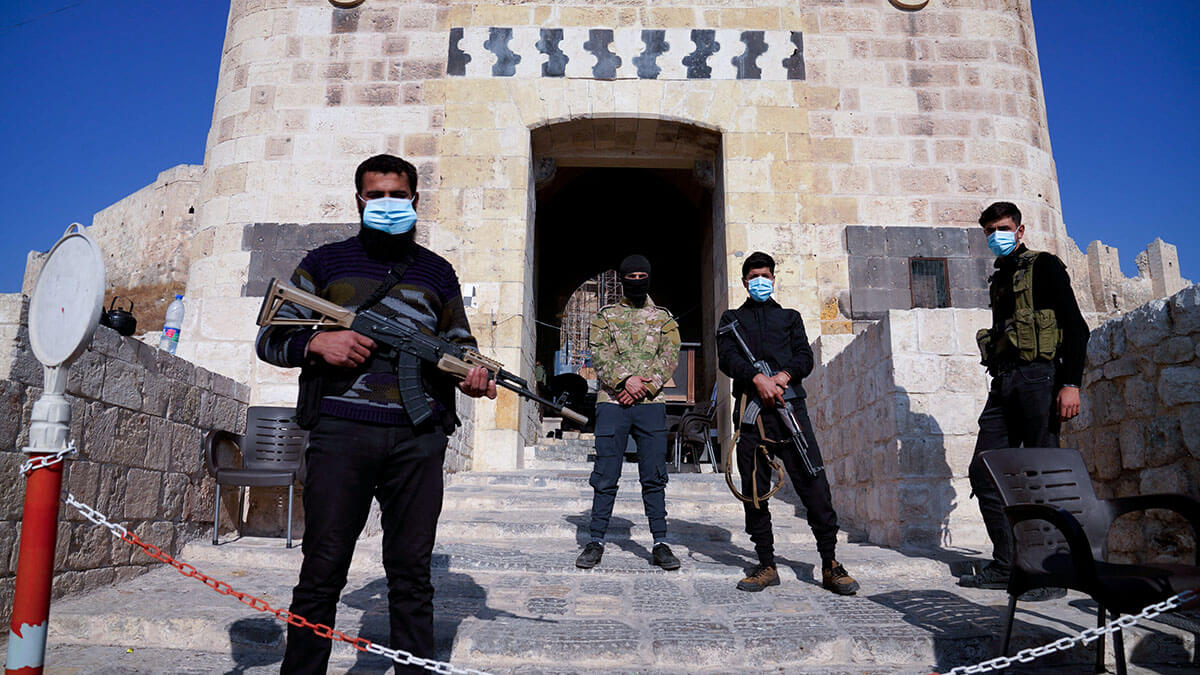
According to Almasri, these militants were deployed at the Al-Thaala military airport, an air defence base in Sweida and Brigade 90, which is only 20 kilometres from the Golan Heights. For the past three years, Tehran has been training Polisario militants at Syrian army bases in rural Daraa.
‘The Polisario Front not only threatens Morocco's territorial integrity, but also poses a threat to the regional security system, which requires serious action to eliminate this organisation and hold accountable all those who support and assist it,’ Almasri said.
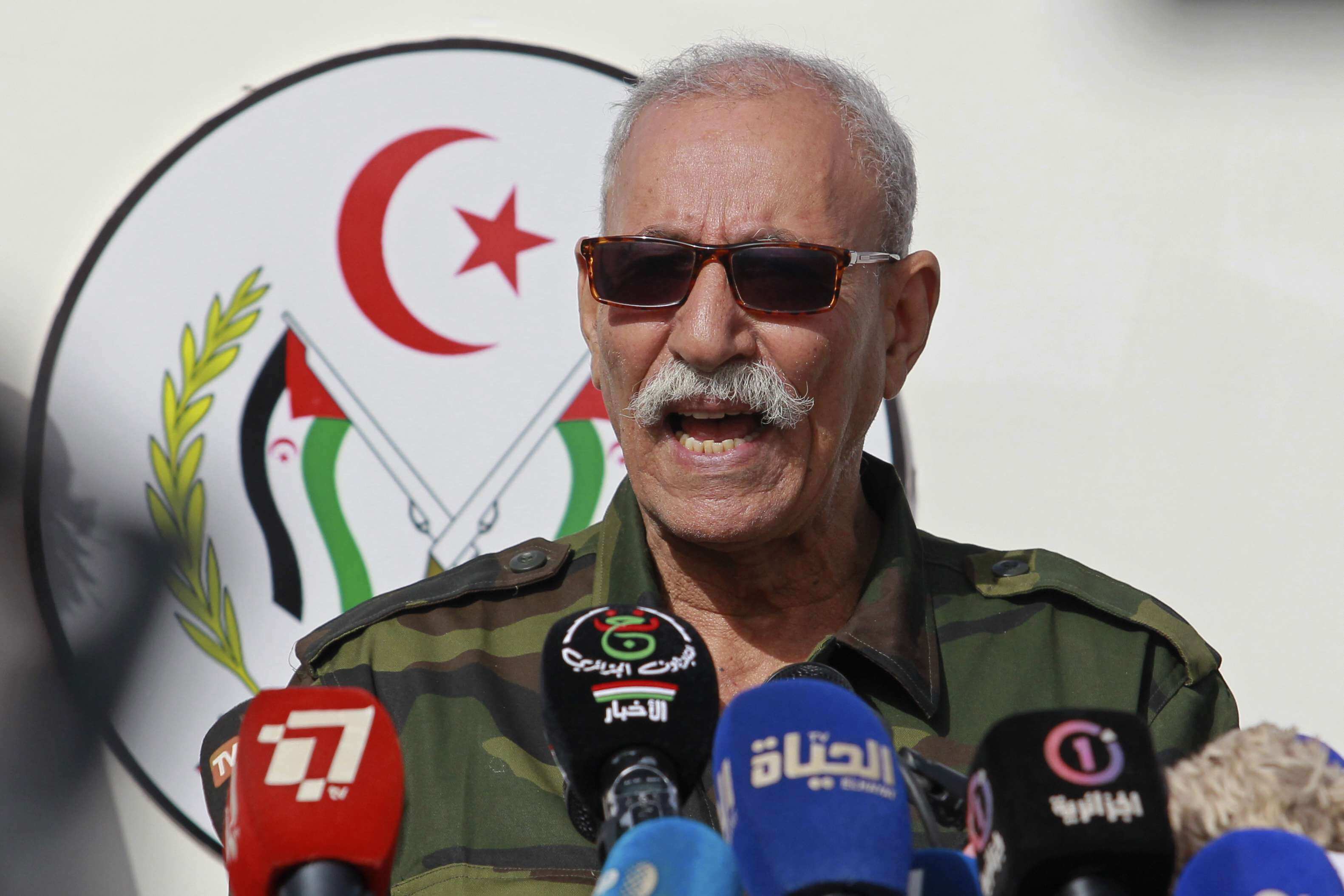
Rabat decided in 2018 to sever relations with Tehran due to the Iranian regime's support for the Polisario, including the supply of weapons and military training through Hezbollah. In this regard, Algeria's role as a facilitator of this alliance, providing the necessary support between the Polisario, Hezbollah and Iran, has also been consistently noted.
These links underline Tehran's strategy to expand and increase its influence in the Maghreb region through Polisario and Algeria.
Algeria's close relationship with the Al-Assad regime
Algeria has been one of the countries mourning the fall of the Al-Assad regime after decades in power. The two nations are closely linked by historical, ideological, military and strategic ties based on pan-Arabism, support for the Soviet Union and anti-imperialist struggles. The Ba'athist movement, which achieved great popularity in Syria, exerted considerable influence in Algeria after independence.
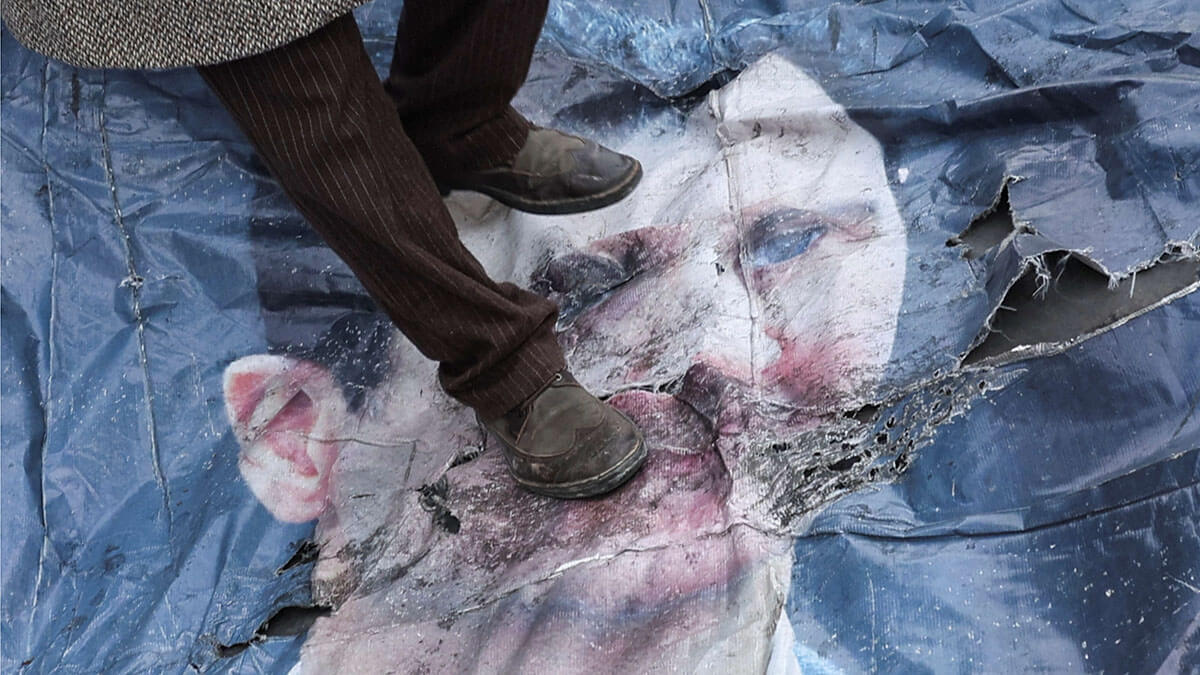
Relations were strengthened during the Arab Spring uprisings in 2011 that led to the Syrian civil war. Although the Arab League suspended Damascus in 2011 over the Al-Assad regime's massacres against the Syrian people, Algiers maintained its support for Damascus, refusing to cut bilateral diplomatic ties.
In April 2023, Algeria was one of the countries that advocated Syria's return to the Arab alliance, for which al-Assad personally thanked Algerian President Abdelmadjid Tebboune.

